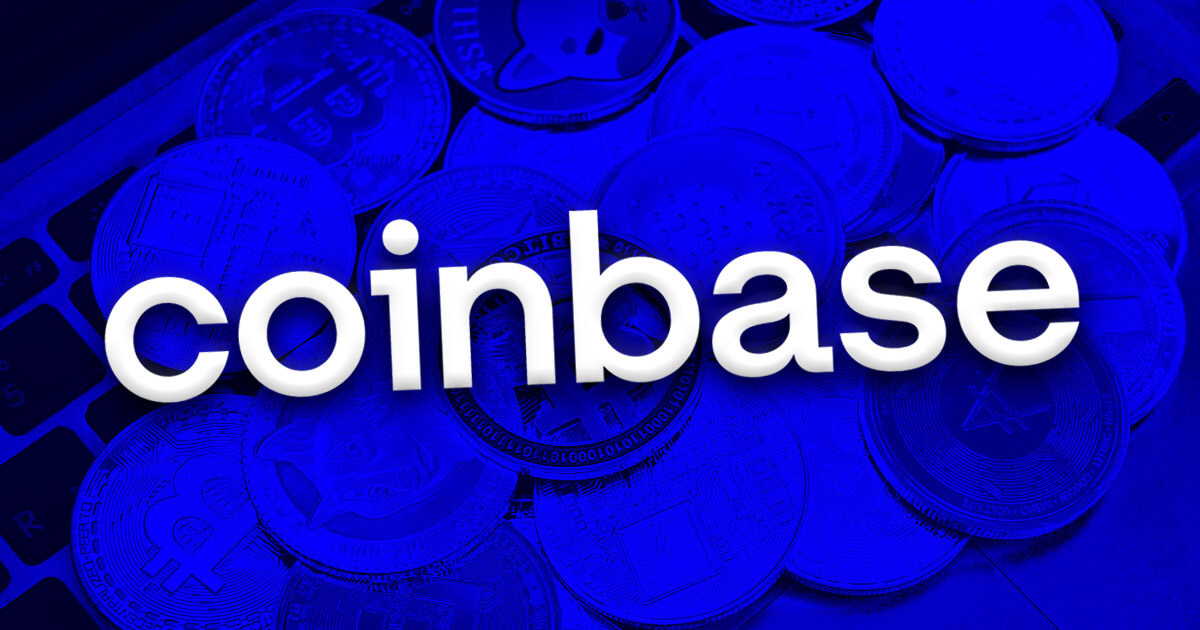Coinbase fights back against BiT Global’s effort to block WBTC delisting


Coinbase pushed back against BiT Global’s legal attempt to halt its planned delisting of wrapped Bitcoin (WBTC), arguing that the lawsuit lacks merit and the firm’s request for a temporary restraining order (TRO) should be denied.
According to court filings, Coinbase decided to delist WBTC due to concerns about risks stemming from its association with TRON founder Justin Sun and the lack of clarity about the token’s reserves.
Coinbase chief legal officer Paul Grewal said the filing is a response to BiT’s “bogus” lawsuit. He added:
“We lay out why this lawsuit lacks any semblance of merit and why their request for a TRO should be denied.”
Concerns about Sun
In a court filing submitted to the US District Court for the Northern District of California, Coinbase detailed its months-long internal review process that led to the delisting decision.
The exchange cited Sun’s widely publicized history of alleged fraud and market manipulation, combined with BiT’s failure to provide transparency on its ownership structure, as presenting an “unacceptable risk” to Coinbase’s platform and its users.
Coinbase cited Sun’s allegedly “long history of alleged fraud and market manipulation” as posing an “unacceptable risk” to its platform and customers. The company added that BiT failed to address Coinbase’s questions about the ultimate ownership of WBTC reserves, exacerbating its concerns.
According to the filing:
“BiT seeks to force Coinbase to do business with an entity that no longer complies with Coinbase’s standards due to Mr. Sun’s ‘material[] involve[meant].’”
The exchange further claimed that its decision aligns with its responsibility to protect platform integrity and customer confidence, citing past instances where assets were delisted for similar reasons.
Delisting damages
BiT Global, the plaintiff in the case, has accused Coinbase of unfairly delisting wBTC to promote its own competing asset, cbBTC. The firm further claims the decision will cause significant reputational and financial harm.
In its motion, BiT argued that the delisting could erode consumer trust in WBTC and limit access to a critical trading platform. It further described Coinbase’s delisting as a “signal to the digital asset community that WBTC is less trustworthy than other tokens,” a move it contends violates California’s Unfair Competition Law.
However, Coinbase countered that less than 1% of global WBTC transactions occur on its platform, dismissing BiT’s claims of irreparable harm. It also pointed to declining WBTC circulation before its delisting announcement, which it attributed to Sun’s involvement.
Coinbase also dismissed BiT’s assertions that the delisting would harm the broader public interest. It argued that wBTC holders still retain multiple avenues to trade the token on other platforms and can store or transfer their holdings using Coinbase Wallet, a separate decentralized application.
The case highlights mounting scrutiny over Sun’s influence in the crypto space. Sun has faced lawsuits from the Securities and Exchange Commission (SEC) and is reportedly under investigation for potential criminal misconduct.
A hearing on BiT’s TRO request is scheduled for Dec. 18. If granted, it would temporarily delay Coinbase’s delisting of wBTC, currently set for Dec. 19.
Mentioned in this article



